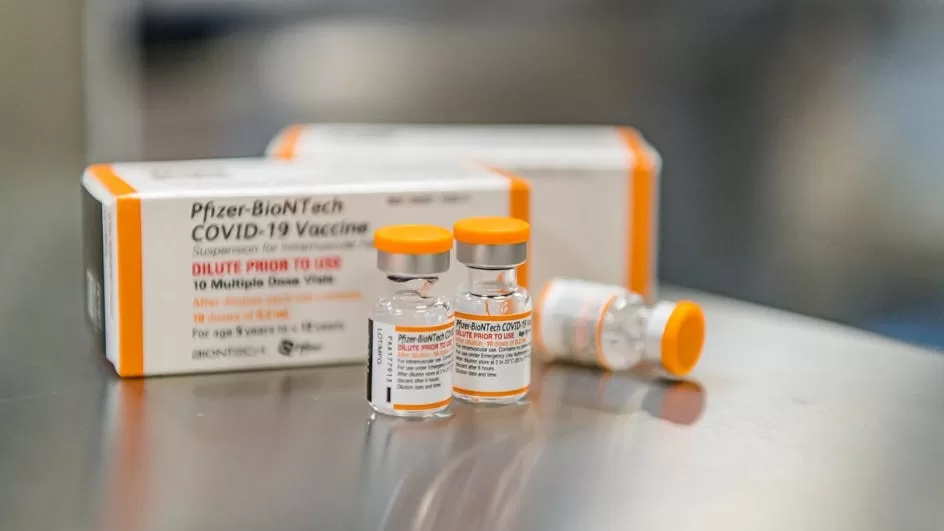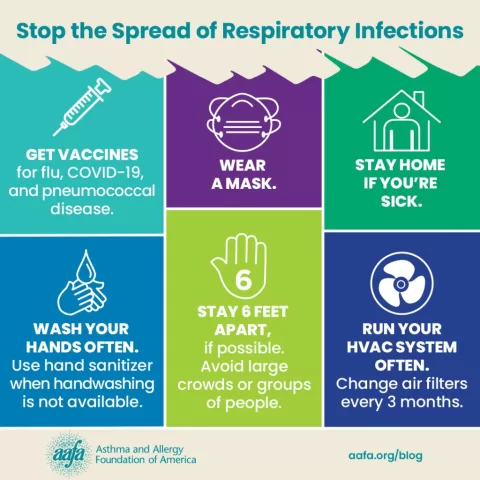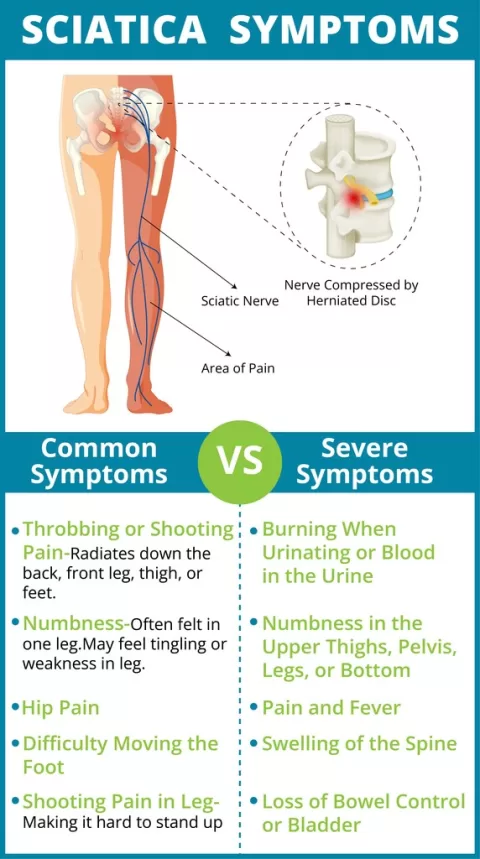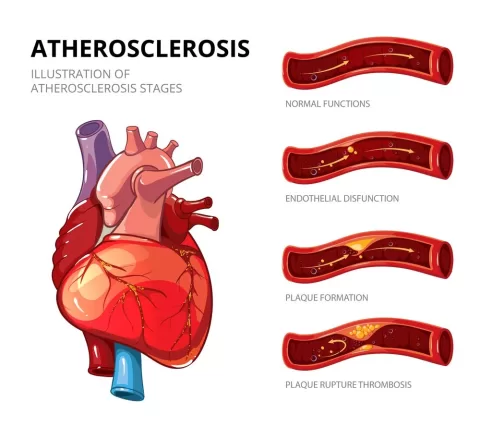Vaccines for Children is an essential initiative that plays a critical role in safeguarding child health. Childhood vaccinations are proven methods for preventing diseases that once posed significant threats to the wellbeing of young ones. By following a proper vaccine schedule, parents can greatly reduce the risk of their children contracting severe illnesses such as measles, mumps, and whooping cough. It is crucial to keep up with recommended vaccinations, as timely immunization is key to effective child immunization and community health. Moreover, many families are eligible to receive free vaccines, making it easier for everyone to ensure their child’s protection against serious diseases.
Child immunization is fundamental in the fight against preventable diseases affecting the youth. The timely administration of vaccines not only protects individual children but also fortifies community health by creating herd immunity. Ensuring that young ones receive their required vaccinations as per the recommended vaccine schedule is vital for reducing the incidence of childhood illnesses. Initiatives like free vaccines provide necessary access, especially for families who may struggle to afford these critical health services. Embracing vaccination is a proactive step towards preventing widespread illness and enhancing the overall health of future generations.
Importance of Childhood Vaccinations
Childhood vaccinations are crucial in safeguarding the health of children and the community at large. Vaccines work by training the immune system to recognize and combat different pathogens without causing the disease itself. With effective vaccination programs, diseases like measles, mumps, and rubella have seen dramatically reduced occurrence rates, ensuring children can grow up free from such preventable illnesses. Parents should prioritize immunizations as an essential component of child health, impacting not only individual well-being but also public health outcomes.
In the United States, healthcare authorities have established a comprehensive vaccine schedule that outlines the specific immunizations recommended for children at various ages. This schedule serves as a guideline for parents to follow, ensuring timely vaccinations that prevent diseases before exposure occurs. By adhering to this recommended schedule, parents play an essential role in protecting their children, thereby contributing to the overall wellbeing of society by minimizing the spread of communicable diseases.
Vaccines for Children: Protecting Against Serious Diseases
Vaccines for children play an instrumental role in preventing serious diseases that can have lasting impacts on health and development. Immunizations such as the DTaP (diphtheria, tetanus, and pertussis) and the MMR (measles, mumps, and rubella) are essential in providing comprehensive protection. Early vaccination can prevent severe health complications and long-term consequences, significantly improving child health outcomes. For instance, the COVID-19 vaccine is now recommended for children as young as six months to safeguard against a virus that has disproportionately affected younger populations.
Ensuring that children receive recommended vaccines contributes not only to individual protection but also fosters herd immunity, which is crucial in preventing disease outbreaks. Programs like Vaccines for Children (VFC) ensure that even those from low-income families can access necessary immunizations at no cost. This initiative helps bridge the gap in healthcare access disparities, allowing all children a chance to grow up healthy and free from preventable diseases.
Understanding the Vaccine Schedule
The vaccine schedule established by the Centers for Disease Control and Prevention (CDC) serves as a roadmap for child immunization, detailing the timing and types of vaccines that should be administered at specific ages. It is vitally important for parents to follow this schedule, as vaccines are most effective when given at the appropriate time, right before a child might encounter the disease. For instance, the hepatitis B vaccine is typically administered shortly after birth, establishing early protection against a potentially severe infection.
By understanding the vaccine schedule, parents can become proactive participants in their child’s health care, ensuring their children receive all necessary immunizations on time. Regular discussions with healthcare providers can help clarify any questions or concerns regarding the vaccine schedule, allowing parents to make informed decisions. This collaboration is key in promoting child health and preventing the resurgence of diseases we once had under control.
The Role of Parents in Child Immunization
Parents are often the first line of defense in ensuring their children receive proper immunizations. Engaged parents who actively track vaccination schedules and appointments can set a strong foundation for their children’s health. This engagement extends beyond mere record-keeping; it involves advocating for appointments, seeking answers to vaccination-related questions, and collaborating with healthcare providers to navigate vaccine options. Such proactive involvement can also foster a sense of responsibility towards community health by encouraging neighbors and friends to stay informed and aligned with vaccination best practices.
Furthermore, dispelling common myths and misinformation surrounding vaccines is crucial. Parents hold significant power in influencing other families within their community. Sharing accurate information about the benefits and safety of vaccines can help alleviate fears and encourage immunization. By fostering a culture of understanding and openness around childhood vaccinations, parents can not only safeguard their children’s health but also contribute to the prevention of disease outbreaks within their community.
Free Vaccines Program: Accessing Essential Immunizations
The Vaccines for Children (VFC) program is a vital initiative that provides free vaccines for children who are uninsured, underinsured, Medicaid-eligible, or American Indian/Alaskan Native. This program eliminates financial barriers that might prevent families from seeking essential immunizations, ensuring that all children have access to life-saving vaccines. By promoting equity in healthcare access, the VFC program supports better health outcomes, particularly in communities that are at a higher risk of disease outbreaks.
Families can easily access these vaccines through participating healthcare providers and clinics. This convenience is a critical step in addressing public health needs, especially for children whose families may struggle financially. The existence of such programs highlights the importance of collective efforts in preventing disease and promoting child health. Engaging with VFC allows families to protect their children’s health without incurring additional financial burdens, reinforcing the significance of vaccinations in public health strategies.
Preventing Illness Through Vaccination
Vaccination acts as a proactive measure to prevent various childhood illnesses. By immunizing children against diseases like polio, tetanus, and whooping cough, we drastically reduce their chances of contracting these potentially life-threatening infections. The immunity developed through vaccines not only protects individual children but also creates a healthier community by slowing down the spread of these diseases. This public health approach is essential in maintaining low incidence rates of preventable conditions.
Preventing illness through vaccination is a responsibility shared by parents, healthcare providers, and society as a whole. The role of education cannot be overstated; families must be equipped with accurate information to make informed choices about immunizations. Understanding the long-term benefits of vaccinations can lead to better health decisions, reduced healthcare costs, and ultimately healthier generations of children.
Debunking Vaccine Myths and Misconceptions
Despite the overwhelming evidence supporting the safety and efficacy of vaccines, misconceptions and myths persist in public discourse. Many parents may be deterred from vaccinating their children due to fear based on misinformation. Understanding that vaccines undergo rigorous testing and monitoring prior to approval can help alleviate such fears. Health professionals play a crucial role in debunking myths, providing evidence-based information, and addressing any concerns parents may have regarding childhood immunizations.
It is also important to foster a community dialogue around vaccine safety and efficacy. Engaging with trusted sources, such as pediatricians or public health officials, can help parents separate fact from misinformation. Creating a supportive environment where families can ask questions and express concerns can help nurture a positive attitude towards vaccinations, ultimately leading to higher immunization rates and a healthier population.
Vaccinations as a Keystone of Child Health
Vaccinations stand as a keystone of childhood health, laying the groundwork for a lifetime of well-being. By preventing serious diseases from an early age, children are not only kept safe but are also able to pursue education and activities without the hindrance of potential health complications. Immunizations play a critical role in ensuring that kids can enjoy their childhoods free from worry about illnesses that can be easily prevented.
As families commit to adhering to immunization schedules and engaging in ongoing discussions about their child’s health, they contribute to a culture that values preventive healthcare. This commitment emphasizes the importance of vaccinations in promoting longevity and success in each child’s life. By actively participating in their child’s immunization journey, parents champion the cause of public health, ensuring that future generations inherit a community that prioritizes health and wellness.
Community Impact of Vaccination Programs
Vaccination programs have a significant impact beyond individual health; they enhance community health by contributing to herd immunity. When a substantial portion of the community is immunized, even those who are unable to get vaccinated due to health concerns are indirectly protected. This creates a safe environment that reduces the likelihood of disease outbreaks and protects vulnerable populations, such as infants and those with compromised immune systems.
Engaging communities in vaccination efforts fosters a culture of health awareness and collective responsibility. Public health campaigns that promote the importance of childhood vaccinations can facilitate increased participation rates. By rallying together to protect against preventable diseases, communities can maintain and improve their overall health, showcasing the transformative power of vaccination programs in safeguarding future generations.
Frequently Asked Questions
What vaccines are included in the childhood vaccinations recommended for children?
Childhood vaccinations include a range of vaccines such as those for chickenpox, measles, mumps, rubella, hepatitis A and B, diphtheria, and whooping cough. These vaccines are critical for preventing diseases and ensuring child immunization against serious health risks throughout different stages of childhood.
Why is it important to keep up with the vaccine schedule for children?
Keeping up with the vaccine schedule is essential for protecting children from serious diseases. Vaccines are given at specific ages to ensure children are immunized before they may be exposed to infections, making it a crucial part of maintaining child health.
How do childhood vaccinations help in preventing diseases?
Childhood vaccinations work by preparing the immune system to fight off specific pathogens. This proactive approach helps in preventing diseases such as diphtheria, polio, and measles, which were once common in young children, thereby safeguarding public health and individual well-being.
Are there free vaccines available for children?
Yes, the Vaccines for Children (VFC) program offers free vaccines for eligible children, including those who are uninsured, underinsured, or receive Medicaid. This initiative helps ensure that all children can stay up-to-date with their immunizations without financial burden.
What should I discuss with my child’s healthcare provider regarding child immunization?
You should discuss the recommended vaccines, the vaccine schedule, any potential side effects, and the importance of on-time vaccinations to prevent diseases. It’s also wise to inquire about any specific health conditions that might affect immunization.
When should children receive their flu vaccination?
The flu vaccination is recommended annually for children starting at 6 months old. It is vital for preventing influenza and its complications, especially during flu season.
What are the benefits of childhood vaccinations for child health?
Childhood vaccinations significantly reduce the risk of serious illnesses, promote overall health, and contribute to herd immunity, which protects those who cannot be vaccinated. They are a key factor in preventing diseases and ensuring a healthier future for children.
Where can I find the vaccine schedule recommended for my child?
The vaccine schedule for childhood vaccinations can be found on the CDC website or by consulting your child’s healthcare provider. It details the timing and types of vaccines needed for each age group.
How do vaccines like MMR (measles, mumps, rubella) protect children?
Vaccines like MMR protect children by stimulating the immune system to create a strong defense against these highly contagious diseases. Timely immunization helps prevent outbreaks and severe health complications associated with these infections.
What diseases do vaccines protect against and why are they important?
Vaccines protect against serious diseases like tetanus, polio, and hepatitis. They are important because they not only protect the individual child receiving the vaccine but also help prevent the spread of disease in the community, contributing to overall public health.
| Vaccine Name | Age to Vaccinate | Description |
|---|---|---|
| Chickenpox | 12-15 months, 4-6 years | A contagious viral infection causing fever and an itchy rash. |
Summary
Vaccines for Children play a critical role in safeguarding the health of young ones. Childhood vaccination programs in the U.S. have significantly minimized the occurrence of serious diseases like diphtheria, mumps, and rubella. It’s essential to stay current with the recommended vaccine schedule, which is designed to protect children before they encounter these diseases. Parents should consult with healthcare providers to ensure their children receive these vaccinations on time, keeping them safe and healthy.
The content provided on this blog (e.g., symptom descriptions, health tips, or general advice) is for informational purposes only and is not a substitute for professional medical advice, diagnosis, or treatment. Always seek the guidance of your physician or other qualified healthcare provider with any questions you may have regarding a medical condition. Never disregard professional medical advice or delay seeking it because of something you have read on this website. If you believe you may have a medical emergency, call your doctor or emergency services immediately. Reliance on any information provided by this blog is solely at your own risk.








